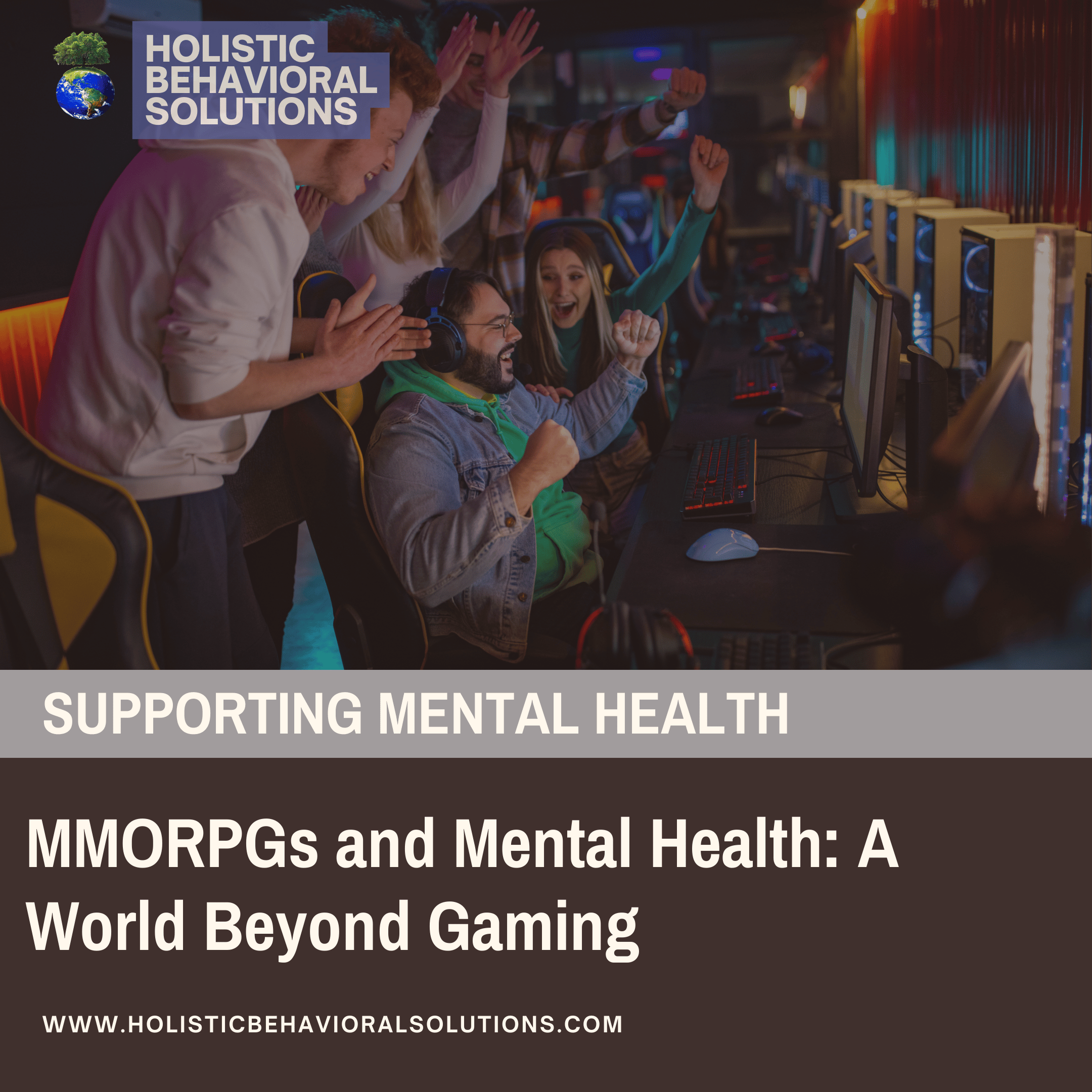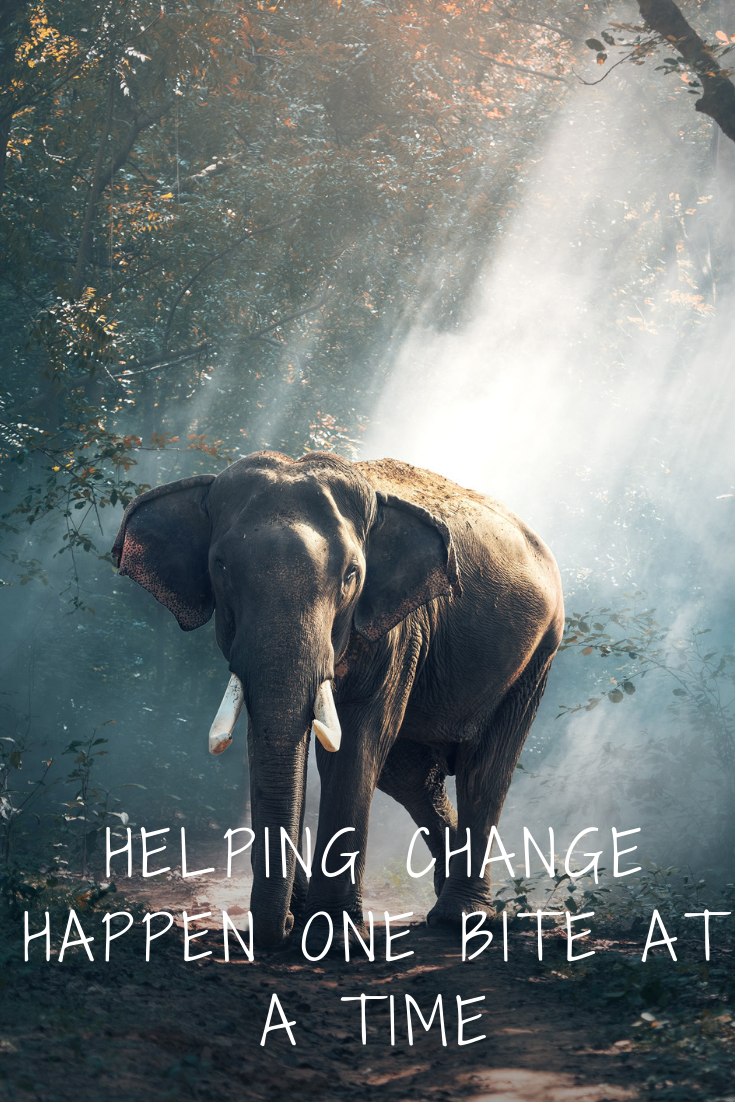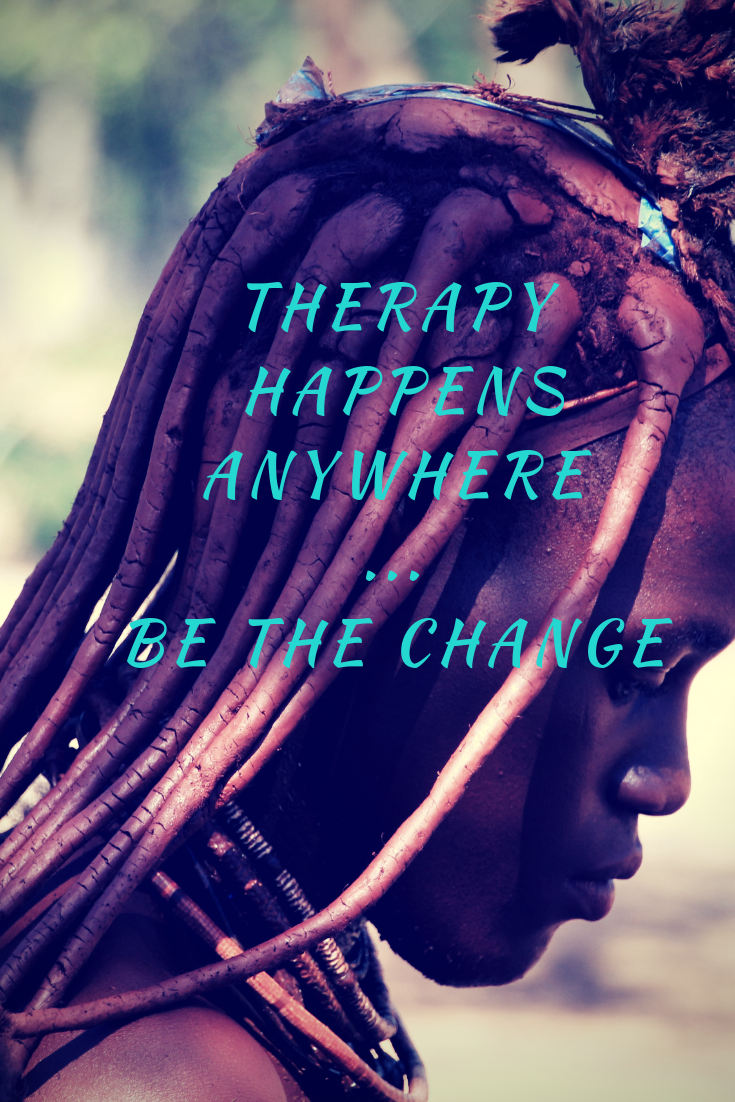
MMORPGs and mental health: Not long ago, I thought gaming was just… gaming. A time sink. A distraction. That was before I met clients who lived whole social lives inside virtual worlds—and taught me that MMORPGs (Massively Multiplayer Online Role-Playing Games) are far more than fantasy quests and boss fights. They’re emotional ecosystems. For many, they’re not just about gameplay—they’re about community, identity, and real connection.
What We’re Learning About Gamers
Research by Helena Cole and Mark D. Griffiths—and echoed in my own clinical work—reveals something big: MMORPGs are highly social environments. In a study of over 900 players across 45 countries, Cole and Griffiths found that:
- Most players form genuine friendships online
- Many of these relationships transition offline
- Virtual spaces often offer emotional support, validation, and safety
This data flies in the face of outdated stereotypes of gamers as isolated or emotionally disengaged. In truth, many are actively engaged in deep, meaningful relationships—just through avatars and servers instead of coffee shops and classrooms.
The Weekly Ritual: 23 Hours of More Than Gaming
Players typically spend around 23 hours a week immersed in these games. And while yes, some of that time is spent fighting dragons or exploring digital worlds, a lot of it is conversational—laughing, venting, strategizing, building trust.
This kind of consistent social contact can be especially valuable for:
- Individuals struggling with anxiety or social isolation
- Teens or adults processing identity questions
- People on the neurodivergent spectrum
- Anyone who feels “safer” behind the screen
What Makes MMORPGs So Emotionally Safe?
In many ways, MMORPGs offer a rare thing: anonymous intimacy. Within these digital spaces, people often feel more free to:
- Talk about mental health or personal struggles
- Try on new aspects of their identity
- Seek comfort without the pressure of being “seen” face-to-face
This level of safety can make MMORPGs incredibly therapeutic, especially when players aren’t ready for traditional talk therapy—or when they just need a community that feels like theirs.
The Social Architecture of Games
Not everyone logs on for the same reason—and that’s the beauty of these spaces. Players come looking for:
- Adventure and escape
- Belonging and friendship
- A new version of themselves
- Collaboration and team-building
Whatever the reason, the outcome is often the same: connection. Players form guilds, build teams, and support one another through life’s real challenges—online and offline.
What Clinicians (and Families) Should Know
As therapists, parents, and partners, we’re often worried about screen time—and rightly so. But dismissing MMORPGs as “just games” misses an opportunity to connect through what already feels safe and meaningful to someone else.
Therapists can:
- Ask clients about their in-game identity
- Explore how they build relationships virtually
- Use gaming as a launch point for conversations about trust, identity, and emotion
We don’t need to gamify therapy, we just need to be curious.
MMORPGs and Mental Health: Virtual Worlds, Real Growth
MMORPGs are not a replacement for real-world relationships, but they can be a bridge to them. They offer space to explore conflict, cooperation, and even love in ways that can feel more accessible than real life.
If we listen closely, the stories that matter most in these games aren’t written by developers. They’re written by the players—through connection, vulnerability, and shared experience.
Gaming and Holistic Wellness
Gaming can be powerful, but your body and mind still need care. At The Holistic Store, we offer wellness products that help you stay balanced, energized, and emotionally grounded—whether you’re logging off or gearing up for your next quest.
Explore our store for supplements that support focus, stress relief, sleep, and overall mental wellness so you can feel your best online and off.
Final Thought: This Is Not “Just Gaming”
The world of MMORPGs challenges how we define social connection. It teaches us that friendship doesn’t always need eye contact. That emotional support can exist in pixels. And that growth can happen in the most unexpected places.
If someone in your life finds comfort in a digital world, don’t pull them out. Walk in with them. Ask questions. Be open.
Because sometimes, the most human connections happen in the most virtual spaces.
PS: Are you a culturally competent licensed clinician passionate about guiding others toward resilience? Our practice is growing, and we’re hiring in New Jersey! Check out our Careers page for current openings and join a team dedicated to fostering impactful, inclusive mental health support.

